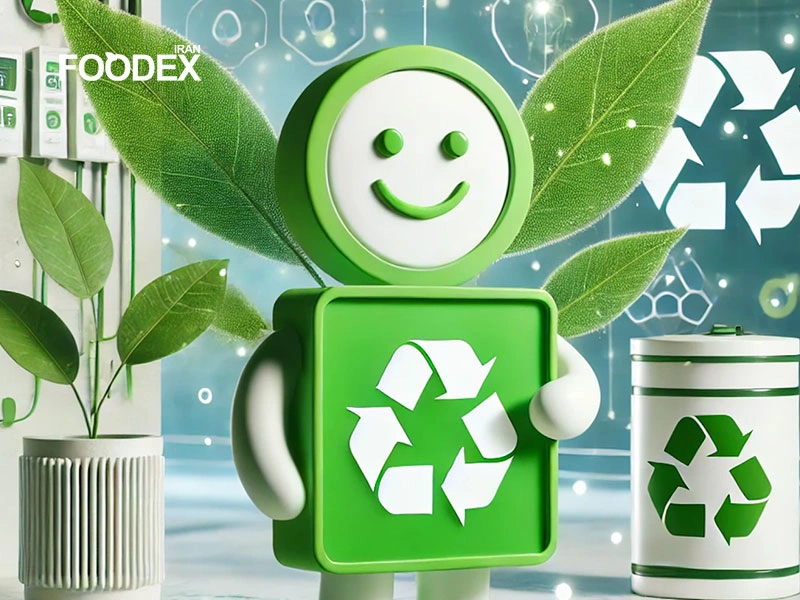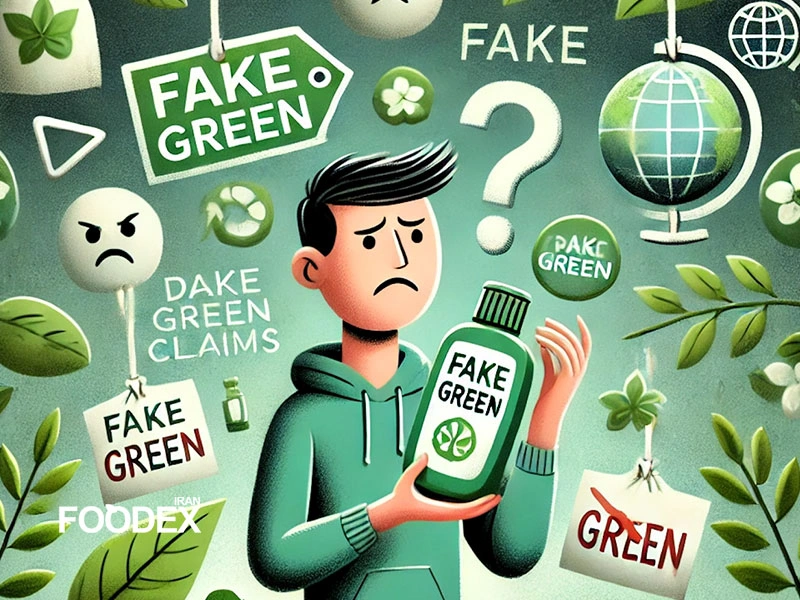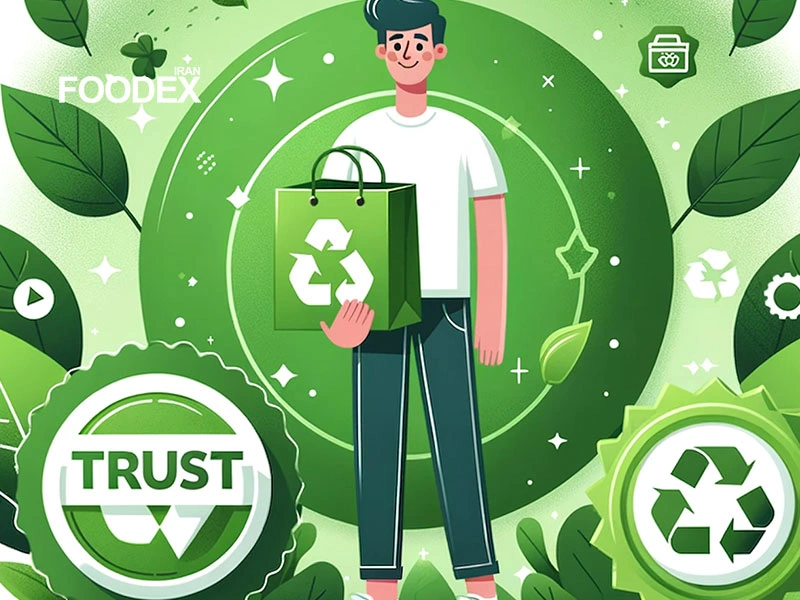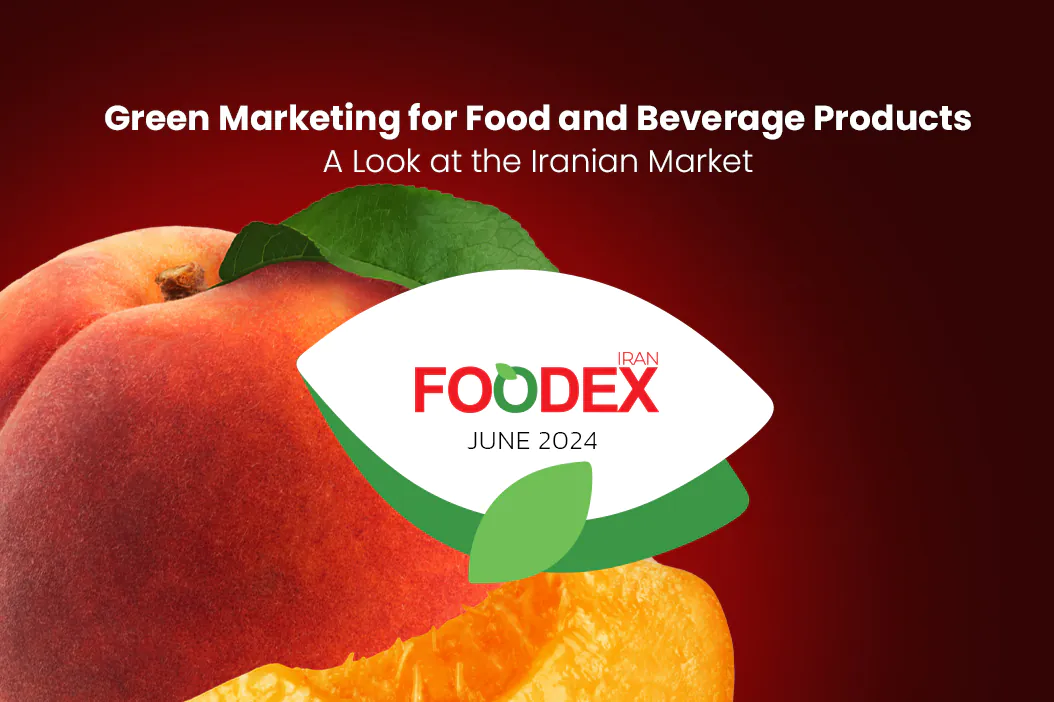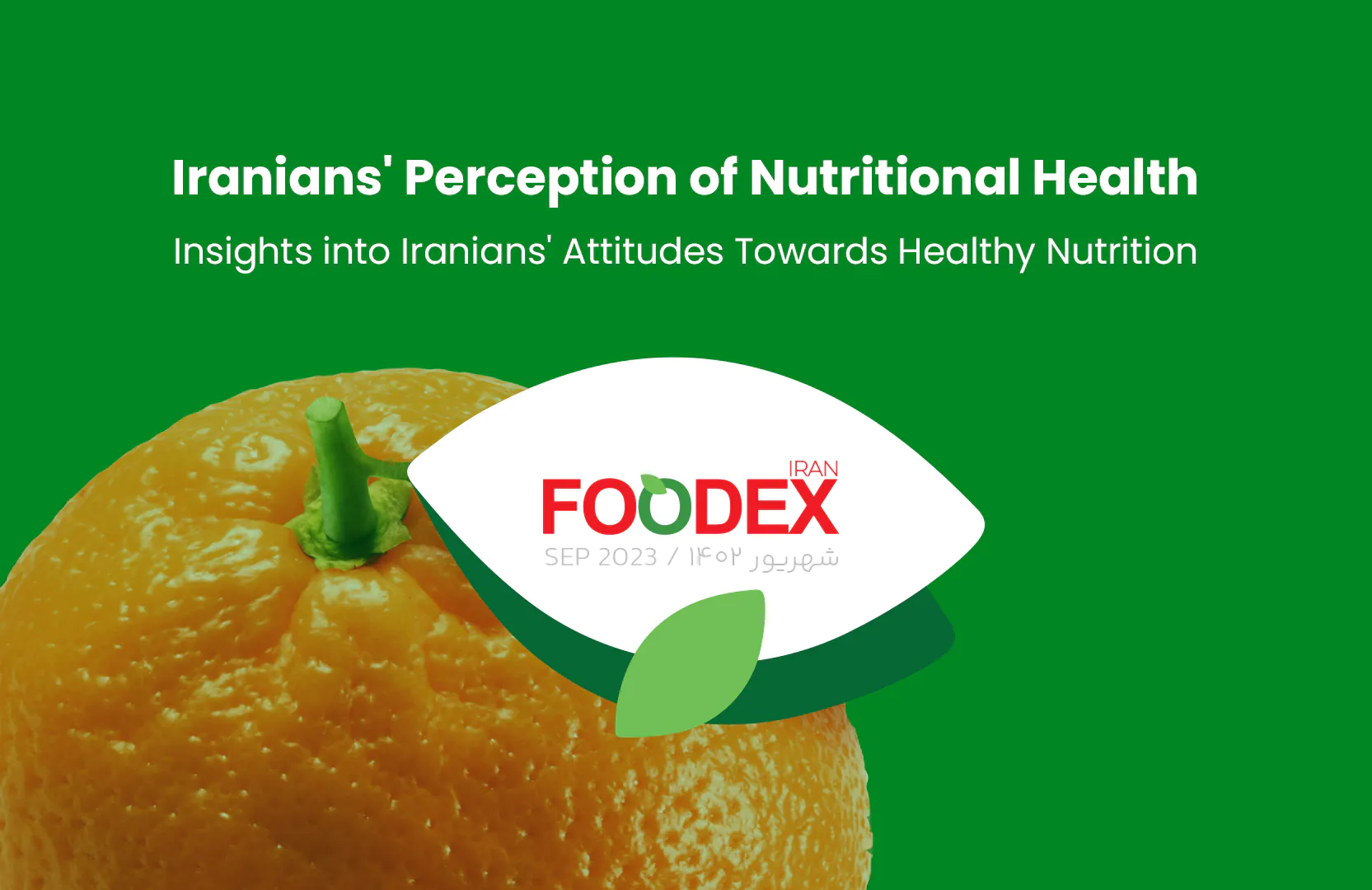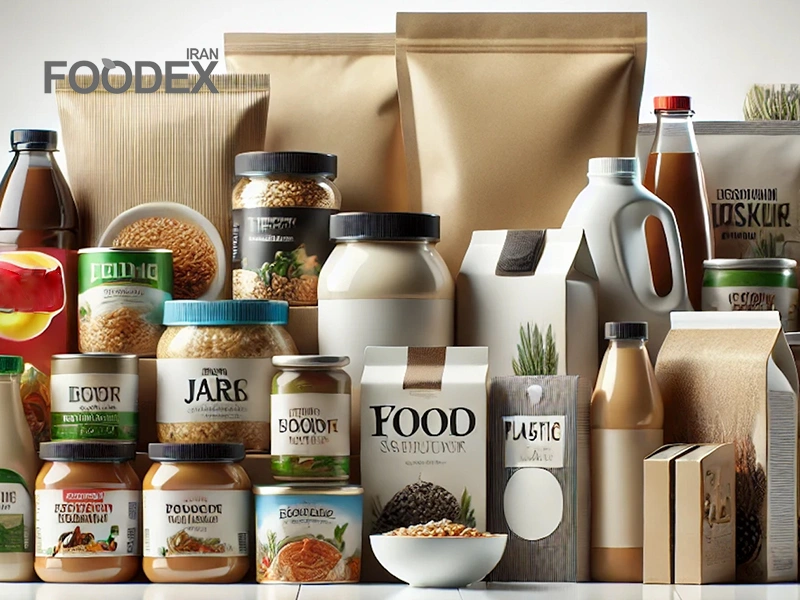Over the years, increasing environmental awareness has dramatically changed how companies market their products. Organizations, especially in the food industry, are quickly finding ways to produce their items in a more sustainable and responsible method of production for their consumers. Green marketing has become one of the latest methods to attract consumers with more environmentally friendly products and processes. We must note that with this shift came also the greenwashing problem when businesses hypocritically appeared as ecologically responsible, but did nothing to alter in their practices.
In this post, Foodex Magazine will view green marketing and greenwashing in the food industry with new data and insights that explain the challenges and opportunities.
Green Marketing in the Food Industry
What is Green Marketing?
Green marketing, in this respect, therefore, denotes the sum of all efforts and activities geared towards the promotion of products and services that are eco-friendly or sustainable. In the case of food industries, this would include practices such as organic food production, the use of biodegradable packaging, and sustainable farming. More recently, the Food and Agriculture Organization reports that consumers’ demand for green products is on the increase as more people become aware of environmental issues and look for options with less ecological impact.
Benefits of Green Marketing in the Food Industry
Green marketing is very beneficial for food companies and firms. Some of the benefits are as follows:
Higher demand: Many customers tend to pay more for green products, and for that reason, companies can achieve bigger profits.
Customer loyalty: Most green marketing companies have a better reputation and are hence able to maintain long-term relations with their environmentally sensitive customers.
Regulatory compliance: Most countries are implementing stringent environmental regulations in this respect, and companies that adapt to green marketing strategies comply with those, and sometimes The Regulatory support is also there as a boon.
Challenges of Green Marketing in the Food Industry
The Complexities of Green Marketing
Green marketing though has many advantages on its side, is not devoid of its challenges and also some particular ones. One of the primary concerns is the additional cost for producing green products. The technology and processes incorporated with clean and organic production can be much more expensive than their conventional methods of production, which inflates the product’s price to the company and therefore to the customer as well. Secondly, the production process for green products requires ample supervision to ensure that the environmental standards established are reached.
Greenwashing Is a Threat to Green Marketing
With the increase in greenwashing, green marketing could face a big challenge. The term depicts the practices of companies in making false or misleading claims about their product or operations being environment-friendly. This could be either due to an actual intent or otherwise, and it might hurt consumer trust in the brand’s reputation.
Examples of greenwashing within the food industry range from using packaging with images of nature to words such as “natural” or “organic” to describe products that are, in fact, not true to such a description.
How Greenwashing Undermines Consumer Trust
Greenwashing can have a severely negative effect on consumer trust. Once customers feel that the green claims of a company are fabricated, they distrust not only the brand but also the concept of green marketing. This loss of credibility brings a decline in customer loyalty and market share.
Green Consumer Behavior
What is Green Purchasing?
Green purchasing entails buying those types of products that do not harm the environment and might even help to improve the environment. Green consumers also seek products made of recyclable materials, conserve energy, and carry dependable eco-labels. However, green purchasing behavior can be disrupted due to greenwashing, wherein phony claims destroy customer trust, and hence, demand green products starts to dwindle.
Green Trust and Brand Loyalty
Green trust means customers believe its environmental claims are real. Green product sales, the customer will create more brand loyalty. Green satisfaction comes when the customer feels confident that their purchase truly helps the environment. Customers feel this way, which further builds brand loyalty.
Tackling Greenwashing in the Food Industry
The Importance of Transparency
The best way to combat greenwashing is for firms to be transparent along the chain of production and distribution. This can be achieved by showing clarity and precision in the composition of ingredients, the production process, and environmental impact. Besides, certification by recognized environmental bodies reassures customers that the firm’s claims are good.
Building Genuine Green Strategies
Instead, businesses must actively develop viable green strategies by investing in cleaner production, waste and energy reduction, and sourcing materials that are friendly to the ecology. Green marketing cannot just be a promotional tool but will have to be an integrated, long-term business strategy.
Green Marketing for Food & Beverage product
Download ReportSuccess Stories and Pitfalls in Green Marketing
Success Stories
Brands like Nestlé and Unilever boast about their green marketing skills. Using renewable energy and new technologies, the companies have been able to achieve more than just environmental goals; they have also succeeded in positively improving their brand image.
Greenwashing Gone Wrong
Not all have succeeded. Keurig Green Mountain certainly heard a loud roar of resentment and some legal action over the false claims of the recyclability of their K Cups. And Starbucks did not fare too well over the plastic-free lids that had more plastic in them than the original lid and straw combination. These are just some examples of the possible pitfalls of greenwashing: fines and consumer trust.
The Role of Green Marketing in Sustainable Development
Green marketing involves not only a strategy but also provides a way for sustainable development. It dwells on the reduction in natural resource use, and greenhouse gas emissions, and involves eco-friendly practices, hence helping companies meet the growing demand for sustainability.
Green marketing is essentially anchored on the theory of sustainable development- a core anchorage of principle emphasizing a balance between economic growth, environmental protection, and social equity. Of course, by leading consumers to go green, businesses can drive wider environmental and social change.
Conclusion
Green marketing, for the food industry, is not just a buzzword; it is one of those important strategies that will ensure relevance in today’s world, which gives importance to sustainability. However, the threat of greenwashing has become quite serious.
Companies that will stand for transparency in all corporate communications and undertake real sustainability practices, avoiding greenwashing, will have the potential to build long-term trust with their customers and be able to do well in the market.
FAQ
1- What is green marketing?
Green marketing refers to activities and strategies aimed at promoting eco-friendly products and services.
2- Why is green marketing important in the food industry?
In the food industry, this includes producing organic products, using biodegradable packaging, and implementing sustainable farming methods. Its importance lies in meeting the growing demand of environmentally conscious consumers, enhancing customer loyalty, and complying with environmental regulations.
3- What is greenwashing, and how can it harm green marketing?
Greenwashing refers to practices where companies make misleading claims to portray their products or processes as more environmentally friendly than they truly are. This can erode consumer trust and damage brand reputation, ultimately undermining the credibility of green marketing as a whole.
4- How can companies avoid greenwashing and implement genuine green marketing strategies?
Companies can avoid greenwashing by maintaining full transparency in all production and distribution stages, using sustainable raw materials, and providing accurate information to consumers. Obtaining credible environmental certifications and adhering to international standards also help build consumer trust.
5- What are the benefits and challenges of green marketing in the food industry?
Benefits of green marketing include increased demand from environmentally conscious consumers, enhanced customer loyalty, and compliance with environmental regulations. Challenges involve higher costs of producing green products, the need for stricter oversight of processes, and the risk of greenwashing, which can harm consumer trust.
References
FAO. Reports on Green Product Consumption and Sustainable Agriculture.
Source: FAO – Sustainable Agriculture
Chen, Y.S. (2011). Green Marketing: A Critical Review. Journal of Marketing Theory and Practice.
Focus: Definitions and strategies of green marketing and its impact on consumer behavior.
Leonidou, L.C., & Skarmeas, D. (2017). Green Marketing Strategy and Consumer Skepticism. Journal of Business Ethics.
Focus: Green skepticism and consumer trust in eco-friendly product claims.
Papadas, K.K., Avlonitis, G.J., & Carrigan, M. (2017). Mapping the Evolution of Green Marketing Strategy in the Food Industry. Journal of Strategic Marketing.
Green marketing strategies in industries – mainly food – and their impact on sustainability.
Thøgersen, J., & Nathawat, P. (2017). Does Green Consumer Trust Matter? A Cross-Country Study on Green Trust and Buying Behaviour. Journal of Consumer Research.
The role of trust in the buying and loyalty behavior of green products.
Keurig Green Mountain Case Study. Settlement of False Recycling Claims. Environmental Compliance Reports, 2021.
Case study: Keurig’s $10 m settlement over misleading recycling claims.
Unilever Sustainable Living Plan. Green Marketing Success Story.
Source: Unilever’s Sustainability Initiatives
Nestlé Sustainability Report. 2021. Spotlight on Green Marketing in the Food Industry.
Source: Nestlé – Creating Shared Value
Sun, J., & Shi, L. (2022). Greenwashing Practices in the Global Food Industry. Journal of Business Research.
Examples of and implications of greenwashing in the food industry.
Chen, C. H., Lin, C., & Wang, H. (2015). Green Trust, Green Satisfaction, and Loyalty in the Food Sector. International Journal of Sustainability in Higher Education.
Focus: How trust and satisfaction drive consumer loyalty to green brands.
ingestIONS
Ehsan Allahverdi
CEO at Foodex Iran
Marketing Consultant for Top Food & Beverage Brands
website | linkedin

